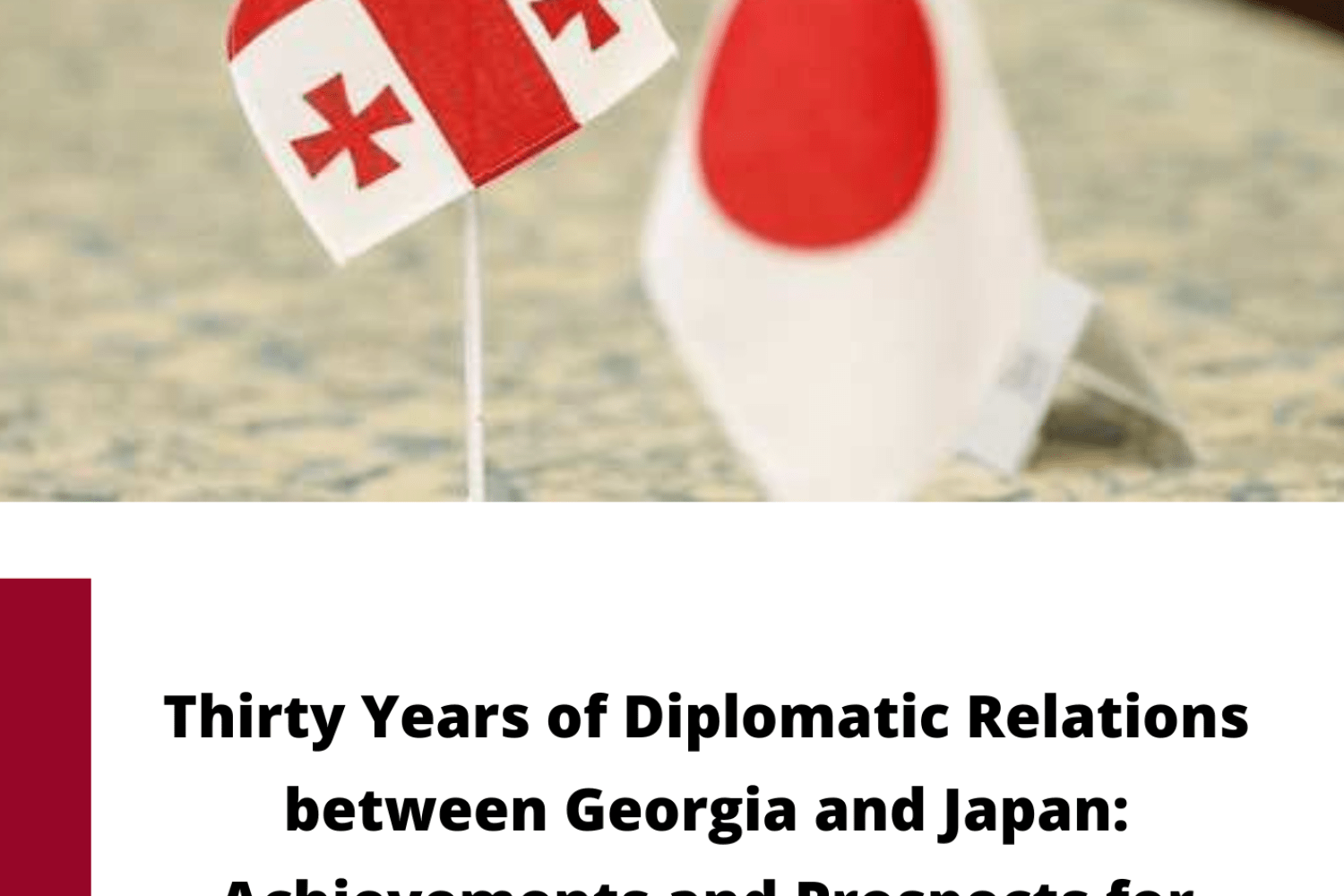2022-09-06 12:00:38
The Japan-Georgia bilateral partnership started with limited cooperation due to Georgia’s socio-political and economic instability, ethnic conflicts, and the absence of any endowment of mutual trust. After the introduction of the then Prime Minister of Japan Ryutaro Hashimoto’s Eurasian Diplomacy in 1997, Japanese officials started visiting Georgia, followed by the enactment of grassroots and power rehabilitation projects. However, the period since 2006, inspired by the Ministers of Foreign Affairs of Japan—Taro Aso’s “Arc of Freedom and Prosperity” and Taro Kono’s “Caucasus Initiative,” has been characterized by increased high-level visits, initiation of significant projects and bilateral agreements as well as political support based on the shared values of freedom, rule of law, democracy, and market economy.
Japan has proved to be a reliable contributor of foreign development assistance to Georgia. However, Georgia is approached by Japan as part of the South Caucasus region rather than as a separate actor in the international system, suggesting that there could be a lot more scope to deepen the relationship. This paper argues that the main obstacles on this path are the need for Georgia to strengthen its capability to provide a favorable environment to Japanese businesses and to establish its credibility in the Japan-EU connectivity process by positioning itself as a European liberal democracy.
After tracking the evolution of Japan’s diplomatic stance toward Georgia, the paper explores the economic and political cooperation through bilateral and multilateral channels and concludes with a summary of findings and policy recommendations. The potential for the development of an equal partnership largely depends on the active efforts of the Georgian public and private sectors as well as socio-political and economic stability in Georgia.
Keywords: Japan, Georgia, Official Development Assistance (ODA), Japan International Cooperation Agency (JICA), Foreign Policy, International Relations




